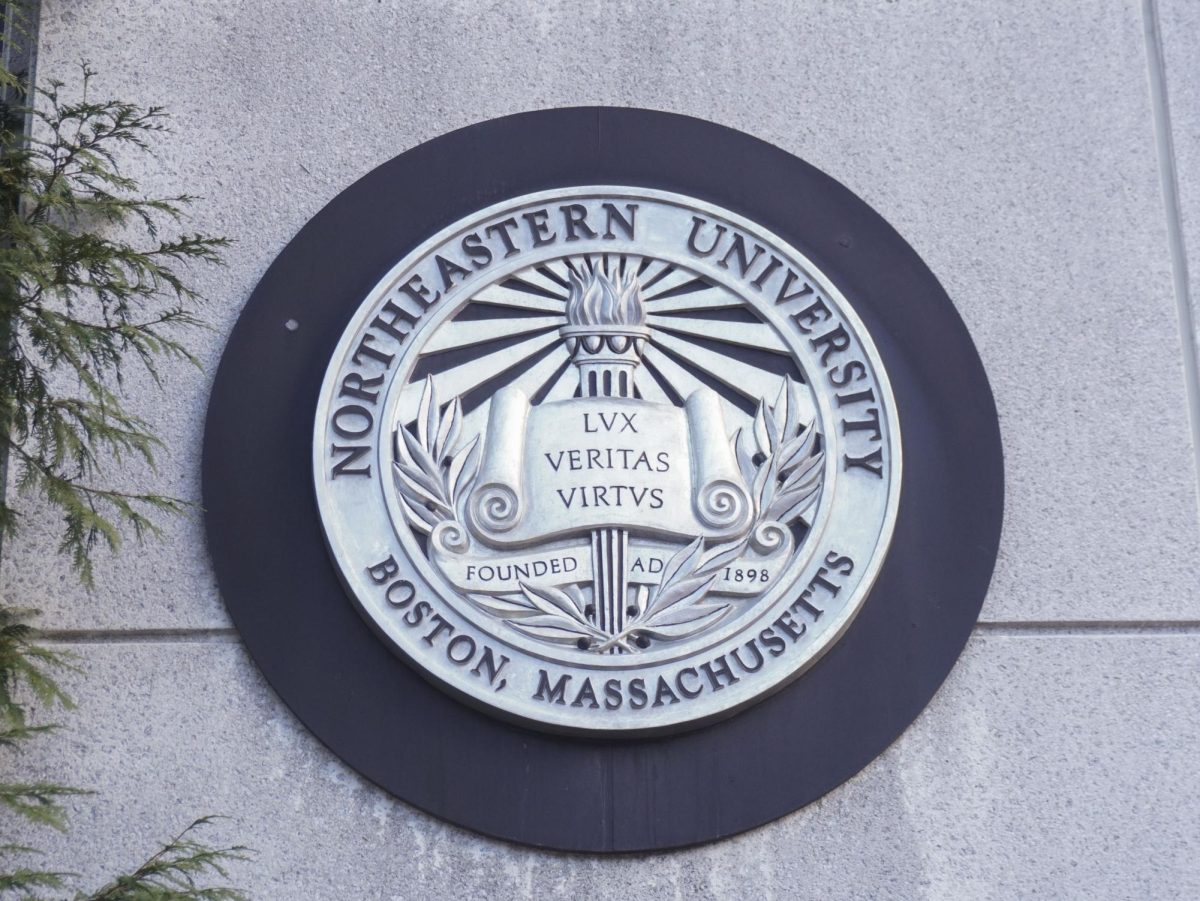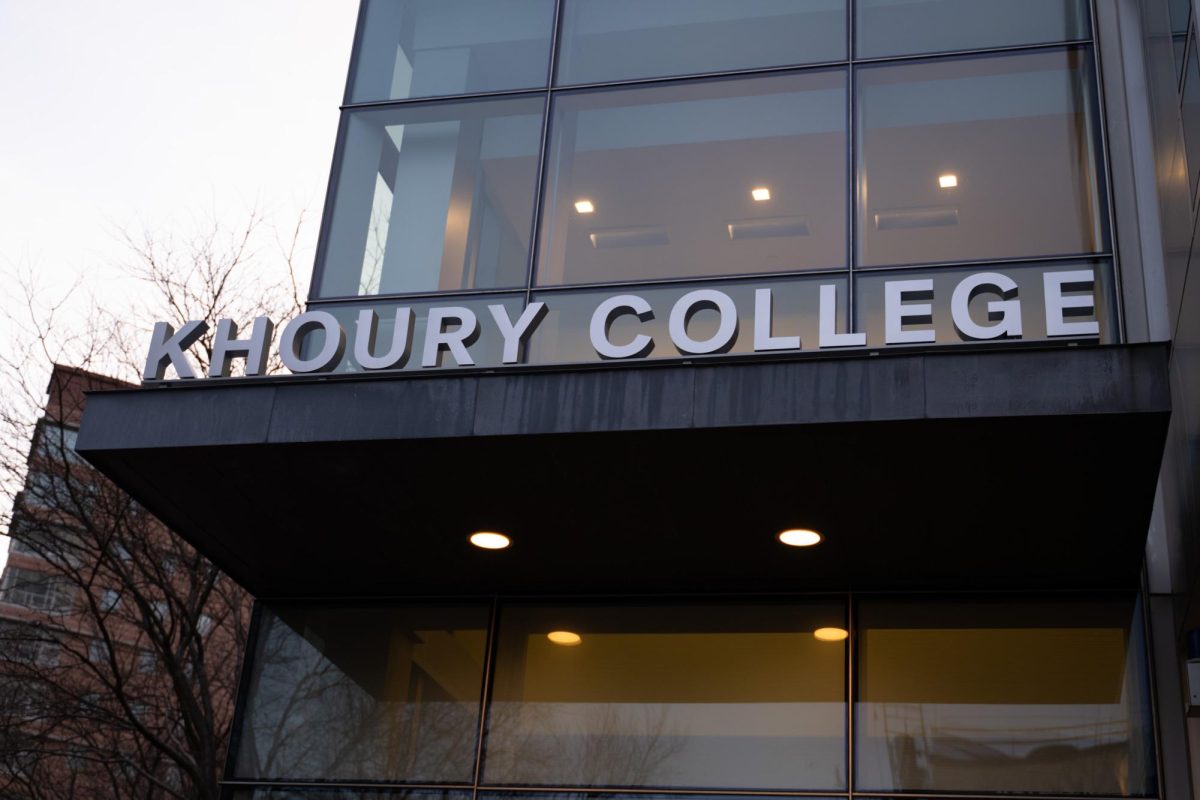Recently the Student Government Association created a commission to review the Resident Student Fee (RSF). It is our belief that this is misguided, and outside the authority of SGA. This is a cynical power grab, filled with conflict of interest, aimed at a similar organization.
Be clear: RSA is not monolithic. It is a complex mosaic of organizations federated under “RSA.” There is a council in each of the 27 residence halls, an alumni organization, the National Residence Hall Honorary (NRHH), and the General Council unifying it. Each piece has advisors to countersign all expenditures. They are university staff and privy to the organization’s budget. RSA is similar to a combination of SGA and CUP. Therefore, it has one of the largest budgets on campus. There are over 50 sets of eyes watching this budget.
The fee is disbursed in a rigid and transparent process. Changing the fee’s disbursement or its rate requires majority approval within each residence hall, the General Council and NRHH. The university’s Student Affairs staff must approve all changes. All meetings are public; membership is open. RSA has the most disciplined, fair and inclusive funding system on campus. Reading Vice President for Financial Affairs Michael Benson’s remarks, one infers corruption in this system. The implication is resentful.
Contrary to Benson’s remarks, the RSF is not “unjustly” charged. The fee was born with RSA in 1989. Then-Director of Residential Life, Ronald Martell and the Board of Trustees approved the fee. In 1993, RSA established the current percentage-based disbursement and the fee increased to $15.00. The residence students debated these changes and voted favorably.
Benson asserts there are no “external checks and balances” similar to the Student Activities Fee. This is patently wrong. The checks and balances to which he refers are the Budget Review Committee (BRC), the Student Affairs Board (SAB), and the Student Senate, which have fee beneficiaries as voting members. Their minutes are not published. Those going before them for funding are likely to their request arbitrarily cut or denied. Unlike the RSF, the Student Activities Fee is transparent to only a few.
Because the BRC and SAB are under SGA’s umbrella (being in SGA’s constitution), the commission creates a conflict of interest. The commission’s charge is to review student fees, but the voting members benefit from these fees. Maintaining objectivity will be difficult. As BRC chairperson, Benson’s review of the fees he oversees is inconsistent with his logic for reviewing the RSF.
The commission is biased against RSA. The RSF will be reviewed for two weeks while other fees will be reviewed for one. SGA has a majority of the votes and the enabling resolution names RSA alone. This is a witch-hunt against RSA.
Benson complained the RSF has grown excessively. Since 1993, the RSF increased at a pace below inflation. Meanwhile, on-campus residence increased dramatically. As on-campus residence grows, so does the scale of programs and equipment demands. The proposed transfer from an $18 quarterly fee to a $28 semester fee is a $2 annual increase. Rather than complain, Benson should praise RSA’s fiscal discipline.
Benson correctly stated, “…[RSA] feels that it is exempt from” the Senate’s “watchful eye.” RSA is SGA’s equal, a parallel body representing 5,000 on-campus students. Benson’s suggestion that RSA – or any other campus organization – falls under SGA’s “watchful eye” is arrogant. RSA does not review the fees SGA oversees; SGA should not meddle with RSA.
For a decade, RSA and SGA have worked together to improve this University. Unfortunately the grandstanding and baseless accusations of one individual have been toxic to this relationship. To drag RSA, which has done so much good and nothing unethical, down is a disservice to the entire Northeastern community.
– On behalf of the RSA/NRHH
Alumni Association:
Aaron Benoit, President, AS ’95
George Proakis, Vice President E ’95
Joseph G. Kain Jr.,CBA’93 MBA’97
Noel Texeira, CJ’95
Chris Pontani, CBA’96
Dawn Baratta, BB’96









